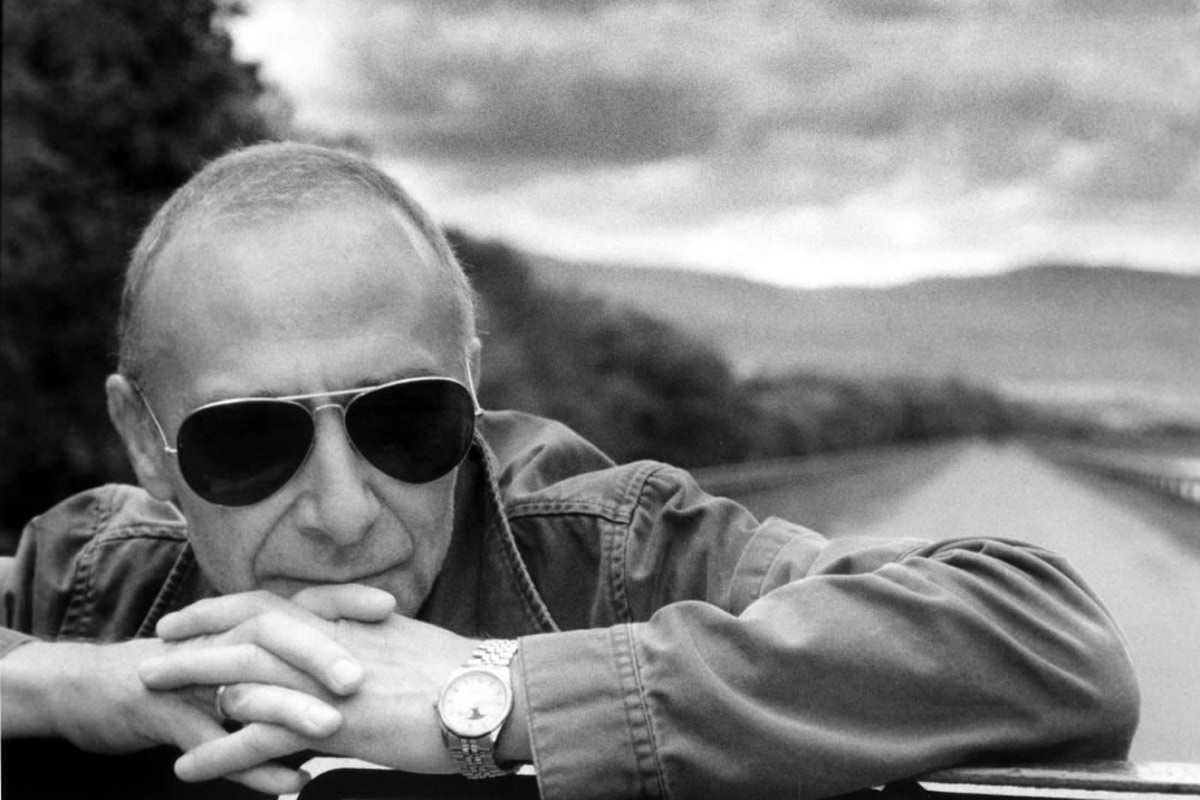
Graham Parker
Graham Parker and the Rumour showed their age when they played the Park West last week, and it was both the most compelling and the weakest aspect of their performance, the next to last show on the reunited group’s first tour together in more than 30 years.
The band’s history dates back to 1976, when Parker, an up-and-coming songwriter, recruited the musicians who became known as the Rumour from Britain’s pub rock scene to back him on his debut record. They quickly gained acclaim for Parker’s incisive, often wrathful lyrics and the music’s mix of soul, reggae and tough-minded rock—a combination that fit well amid the explosion of punk.
Parker split with the group in 1980 and has spent the ensuing decades as a solo artist with a long discography that includes several releases on the local Bloodshot Records label. Shortly after his reunion with the Rumour for the first time to make their new record Three Chords Good, director Judd Apatow asked Parker to play himself in the film This is 40 (now in theatres), in which the band also appears.
At times during their nearly two-hour show, the band recaptured the fire of their original incarnation as they mixed songs from Three Chords Good with their early work and a smattering of Parker’s solo material. Martin Belmont’s growling reggae riff and Bob Andrews’ clattering piano fueled a torrid version of “Protection,” and Brinsley Schwartz played an aptly heated guitar solo on “Get Started, Start a Fire.” Andrew Bodnar’s pumping bass lines and onetime Chicagoan and former Waco Brothers member Steve Goulding’s freight train drumming powered “A Lie Gets Halfway ‘Round the World…”
While the 62-year-old Parker performed with animated energy and impressive physicality, time has blunted the razor edge in his raspy voice, and he couldn’t give songs like “Stupefaction” the same impact they once had. Similarly, the band often played slower and looser than they once had, so that songs that once had bristled with ire now chugged along amiably instead.
On the other hand, the greater fullness and tenderness of Parker’s singing and the band’s sense of pace enhanced their ballads. The soulful “Watch the Moon Come Down,” which is featured in Apatow’s movie, had a near-orchestral beauty, and “You Can’t Be Too Strong,” which Parker performed on acoustic guitar accompanied only by Bodnar and Andrews, was quietly devastating in its remorseful account of abortion.
On “Old Soul,” a new song, Parker skipped lightly through a smoky melody amid the Rumour’s jazzy accompaniment, their rueful wisdom and musical assurance a testament to the virtues of experience.
Kevin McKeough is a contributing music critic for Chicago magazine.


